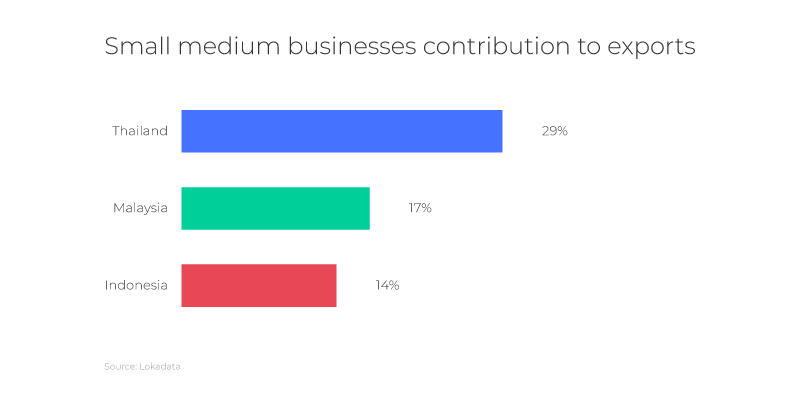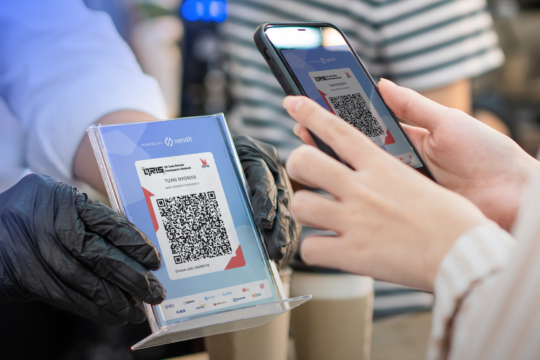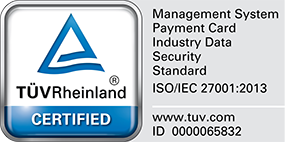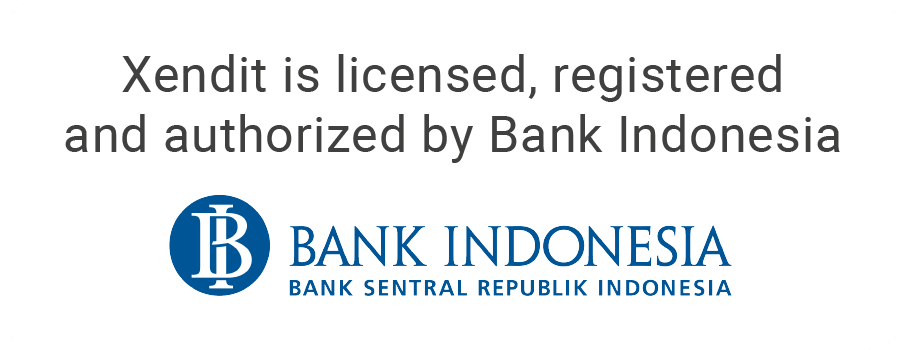Key takeaways:
- Advancement in technology and international shipment has opened an unprecedented access to cross border eCommerce. While this has opened Indonesia’s market to foreign products, it also provides an opportunity for local Indonesian businesses to export their products overseas
- Indonesian SMEs contribution to exports are estimated at around 14% and the government is aiming to increase it to around 21,6% by 2024

While Indonesia has long attracted international brands with its large population and fast-growing middle class, barriers in go to market, including but not limited to international shipment, setting up operations and paperwork deterred businesses from entering the market directly.
In the past, brands traditionally chose the B2B route where local Indonesia’s enterprises would buy in bulk with wholesale shipping, set up local distribution channels where imported goods are sold in local markets. However, taking such a route requires foreign brands to maintain strategic partnership with local businesses, which may not be the most convenient.
Recent advancement in technology, coupled with easier international shipment and new customs import regulations in 2017 opened the floodgates for B2C cross border trade. International brands can now set up their eCommerce sales channels, partner with international logistic companies and instantly get access to the Indonesian market.
This new development has also enabled eCommerce marketplaces to procure items and list products from international brands. In addition, marketplaces startup typically offers free shipment and promos to tease customers into adopting the new cross-border shopping trends.
Unsurprisingly, Indonesian consumers are quick to embrace the new convenient shopping experience. The volume of imported eCommerce packages increased by 814% in 2019, with ‘access to diverse products’ and ‘cheaper price’ are cited to be the most important factors in customer preferences.
How cross border eCommerce impacts local Small Medium Enterprises (SMEs)
The rise in cross border eCommerce sparked quite a controversy in recent months. Local Indonesian SMEs went to Twitter to protest, complaining about the influx of foreign sellers in eCommerce marketplaces. After the protest went viral, a large international eCommerce marketplace decided to restrict foreign sellers in several categories, including textile and fashion.
Despite demand from local SMEs, it is unlikely that Indonesian government will rescind its custom regulation. Conversely, the government is more concerned with equipping local SMEs with the necessary skills to thrive in the digital era and compete with foreign brands, as well as to venture into foreign markets.
Indonesian SMEs’ contribution to exports are estimated at around 14%, which is considerably low compared to neighboring nations such as Thailand (29%) and Malaysia (17%). The government is aiming to increase the number to around 21,6% by 2024.

To achieve this the government had launched numerous initiatives to empower SMEs such as Program Sekolah Ekspor (Export School Program), run by The Ministry of Cooperatives and SMEs and Chamber of Commerce aimed to equip business owners with knowledge and skills to venture into foreign markets.
How SMEs can thrive in cross border eCommerce competition
Understanding the government approach, it is important for Indonesia’s small medium business owners to embrace cross border eCommerce competition and in turn, take advantage of the opportunities to expand into foreign markets.
To start with, Indonesian SMEs can make use of both the digital and physical infrastructure that has been growing in recent years. Building a website is now easier than ever with the presence of eCommerce builders such as Wix store, Shopify or the free to use WooCommerce. When it comes to international shipping, logistics companies such as NinjaExpress have expanded their services offering and allow businesses to ship items to foreign countries.
It can be a bit tricky when it comes to payments. Enabling international payments via card networks such as Visa, Mastercard, JCB or AMEX typically requires businesses to set up a merchant account with a merchant service provider, typically banks. In setting up a merchant account, merchant service providers often look into business’ credit and operating history, which makes it inaccessible to small businesses who are just starting out.
When faced with such troubles, Indonesia business owners can consider integrating with a payment gateway like Xendit. Xendit allows businesses to accept international payments from all major card networks, which is ideal for businesses that are looking to expand into multiple foreign markets at once.
About Xendit
Xendit is a financial technology company that provides payment solutions and simplifies the payment process for businesses in Indonesia, the Philippines and Southeast Asia, from SMEs and e-commerce startups to large enterprises. Amidst the fragmented payment landscape in Southeast Asia, Xendit enables businesses to accept payments from direct debit, virtual accounts, credit and debit cards, eWallets, retail outlets, and online installments
For many businesses, accepting payments online is new territory, but we’re here to help. We have helped 1000s of businesses come online and we’d love to help you too.
Find out more about Xendit, or sign up to try our dashboard!











